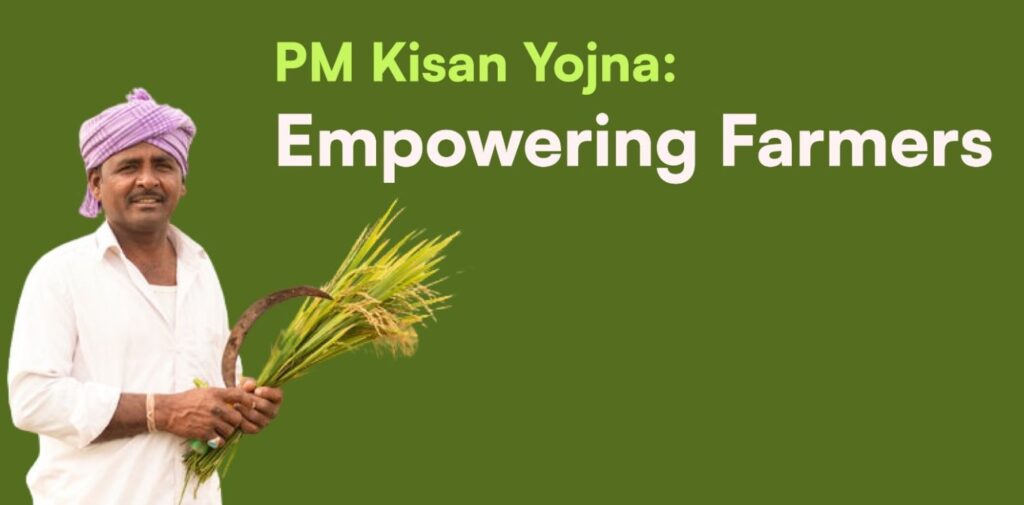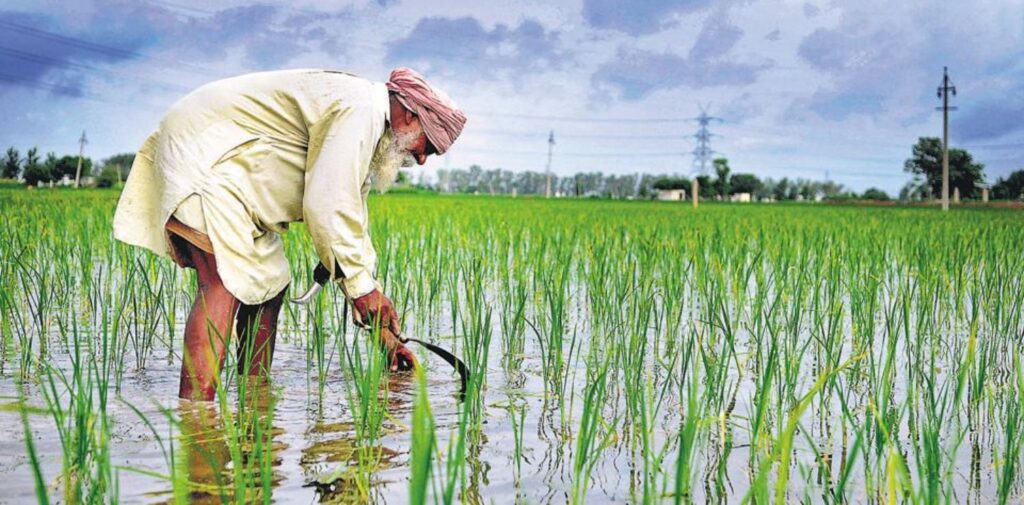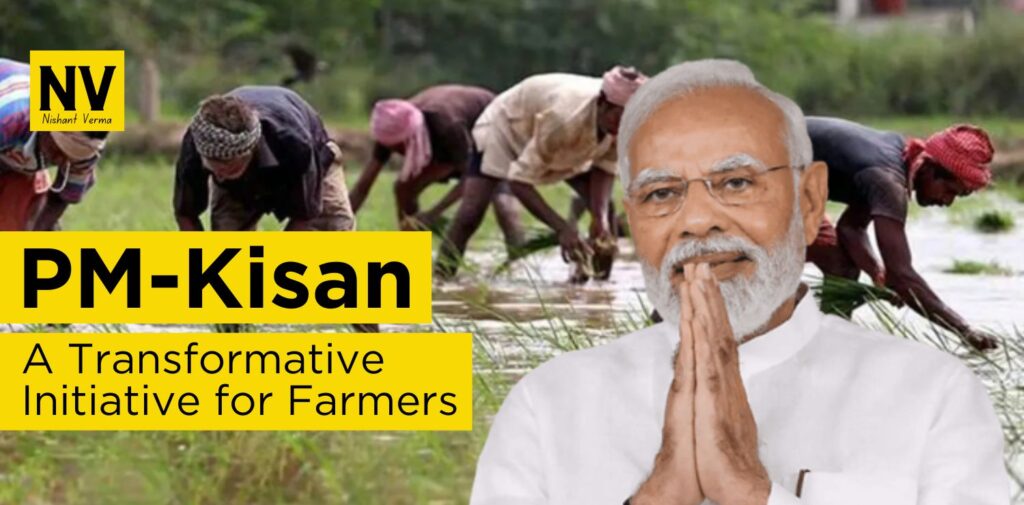The PM-Kisan scheme, launched by the Government of India, represents a significant step forward in supporting farmers across the nation. With the upcoming release of the 18th installment of financial assistance, this initiative aims to alleviate the financial burden on farmers and promote agricultural growth. In this article, we will explore the benefits of this scheme, how it directly aids farmers, and contrast this with the negative implications of previous administrations, particularly focusing on the Congress party’s record on black marketing.

Understanding PM-Kisan
Launched in December 2018, the PM-Kisan scheme provides eligible farmers with direct cash transfers of ₹6,000 per year. This financial support is disbursed in three equal installments of ₹2,000 each. The initiative targets small and marginal farmers, ensuring that they receive the assistance they need to sustain their livelihoods. The recent announcement regarding the 18th installment reinforces the government’s commitment to empowering the agricultural sector.
Benefits of PM-Kisan
Financial Security: The most immediate benefit of this scheme is the financial security it provides to farmers. With rising input costs and unpredictable weather patterns, many farmers struggle to make ends meet. The assured income allows them to invest in seeds, fertilizers, and essential equipment, ultimately improving productivity.
Boosting Agricultural Output: By providing farmers with the means to invest in their farms, the scheme indirectly contributes to increased agricultural output. When farmers have access to the necessary resources, they can enhance their crop yields, leading to better food security for the nation.

Encouraging Sustainable Practices: The financial assistance encourages farmers to adopt sustainable farming practices. With additional funds, farmers can invest in organic farming, soil conservation, and better irrigation methods. This not only benefits the environment but also improves the quality of produce.
Reducing Dependence on Moneylenders: Historically, many farmers have been trapped in a cycle of debt due to high-interest loans from moneylenders. This scheme mitigates this issue by providing direct support, reducing farmers’ dependence on exploitative lending practices.
Digital Empowerment: The eligibility criteria have also encouraged digital literacy among farmers. To receive benefits, farmers must complete the eKYC process and link their Aadhar numbers to their bank accounts. This push towards digitization not only simplifies the process but also integrates farmers into the broader financial system.
Praising the BJP Government
The BJP government has been proactive in implementing this scheme, demonstrating a clear commitment to the welfare of farmers. Unlike previous administrations, which often overlooked the plight of the agricultural sector, the current government recognizes the importance of supporting farmers as the backbone of the economy.
The regular release of funds under this scheme showcases the government’s efficiency and transparency, allowing farmers to trust that they will receive the support they need on time. This trust is crucial for building a robust agricultural economy.
Critique of Congress and Black Marketing
In stark contrast to the proactive measures taken by the BJP government, the Congress party has a history of policies that have contributed to black marketing and exploitation within the agriculture sector. During their tenure, many farmers faced rampant corruption, leading to a lack of accountability in the distribution of agricultural subsidies and support.
The failure to establish a reliable system for direct benefit transfers resulted in farmers being deprived of the assistance they deserved. This negligence not only exacerbated the financial struggles of farmers but also encouraged illegal activities such as black marketing, where essential supplies are hoarded and sold at inflated prices.
Congress’s inability to provide a transparent and efficient support system for farmers left many in dire straits. This scheme rectifies this issue by ensuring that financial support reaches the intended beneficiaries without intermediaries, significantly reducing the chances of corruption and malpractice.
Impact on Rural Economy
This scheme has a ripple effect on the rural economy. By ensuring that farmers have adequate financial support, it stimulates local markets as farmers can spend more on goods and services. This increased purchasing power leads to economic growth within rural communities, creating jobs and supporting small businesses.

Moreover, the scheme fosters a sense of stability and confidence among farmers. With the assurance of financial assistance, farmers are more likely to invest in their farms, adopt innovative practices, and engage in sustainable agriculture. This holistic approach not only benefits individual farmers but also contributes to the overall economic development of the country.
Conclusion
The PM-Kisan scheme is a shining example of how targeted government intervention can make a significant difference in the lives of farmers. By providing financial support, encouraging sustainable practices, and reducing dependence on exploitative moneylenders, the scheme empowers farmers to thrive.
As we celebrate the upcoming release of the 18th installment of PM-Kisan benefits, it is essential to acknowledge the BJP government’s commitment to the agriculture sector. In contrast, the Congress party’s history of negligence and black marketing highlights the importance of transparency and accountability in governance.
In conclusion, this initiative not only uplifts farmers but also strengthens the foundation of the Indian economy. By prioritizing the needs of the agriculture sector, the government paves the way for a prosperous future for all.




